The United Transformation Movement (UTM) is standing at a precarious crossroads with barely a week left before its highly anticipated presidential convention.

The shock withdrawal of Dr. Michael Usi from the race for UTM presidency has sent ripples through the party, leaving many questioning the future of a party already grappling with internal struggles and dwindling political capital.
While the reasons for Dr. Usi’s withdrawal remain shrouded in mystery, one thing is certain—the consequences of this move will be far-reaching and could signal the beginning of the end for UTM.
A Politician in Search of a New Path
Dr. Usi’s decision to step aside, especially so close to the convention, is not one that can easily be brushed aside. From the outside, it seems like the end of a political chapter for a man who has shown immense promise in the Malawian political landscape.
His entry into UTM was a significant moment for the party—he was the only one among the current contenders who brought with him an established political network, a grassroots base, and vital international connections. Usi wasn’t just another technocrat; he was a seasoned political operator with the clout and capacity to expand UTM’s influence far beyond its existing limitations.
If Dr. Usi opts for a departure from UTM, the consequences for the party could be disastrous. UTM is already struggling to maintain its relevance, especially in the wake of the departure of its founding figure, Dr. Saulos Chilima. The loss of Usi—who played a key role in broadening the party’s appeal—would severely weaken UTM’s already fragile political infrastructure. It would not only be a loss of his personal political capital but also a loss of the vital international networks he brought with him. His exit from UTM could mark the party’s final unraveling, leaving it without the leadership necessary to mount a serious challenge in the 2025 elections.
The Dwindling Political Capital of UTM
Dr. Usi’s presence in UTM was never just symbolic. Unlike other contestants such as Dalitso Kabambe or Mathews Mtumbuka, who joined UTM primarily based on their corporate experience, Usi’s entry into the party was backed by a broader vision and a ready-made support structure. He didn’t just bring himself to UTM—he brought a network, including political connections, key allies in the development world, and a strong regional and grassroots base. His exit would strip UTM of this valuable resource and leave the party in an even more precarious position.
The party’s current leadership, with figures like Dalitso Kabambe and Mathews Mtumbuka, may possess the intellectual capacity and managerial experience needed for good governance.
However, as individuals without strong political followings, they are poorly placed to lead a movement that needs not just ideas, but a strong, mobilizable political base to challenge Malawi’s larger, more established political parties like the Malawi Congress Party (MCP) and the Democratic Progressive Party (DPP).
Kabambe and Mtumbuka, while skilled professionals, do not have the mass appeal or the political organization required to mount a meaningful challenge against entrenched political forces.
UTM’s Deepening Crisis: A Party on the Brink
The trajectory of UTM has been downhill since the 2019 elections. Despite initially riding on the coattails of Dr. Chilima’s popularity and a promise of fresh leadership, the party failed to recover after its electoral loss.
As a result, Dr. Chilima made the pragmatic decision to partner with MCP and the Tonse Alliance, betting on coalition politics to advance his ambitions. However, this alliance was always a double-edged sword for UTM. It kept the party in the political spotlight but at the cost of its autonomy and identity.
Dr. Usi, being a close ally of Dr. Chilima, likely saw the writing on the wall. He might have understood better than anyone that UTM’s survival in its current form was uncertain at best. For a party that has struggled to build its own base beyond Chilima’s personal brand, any further loss of political leadership—especially someone with the caliber of Usi—could be devastating.
The Strategic Options: Is Dr. Usi Gone for Good?
There are several potential paths Dr. Usi could take. The first and most probable scenario is his exit from UTM. This would seem to be the logical next step given the party’s lack of direction and the personal toll of watching UTM falter under its current leadership.
Dr. Usi, with his political astuteness, would know that staying in UTM as an ordinary member would be a waste of his resources and political capital. He would not want to be relegated to the status of just another sidelined member in a party with no prospects for meaningful success.
If Dr. Usi were to leave, he could decide to pursue his political career outside of UTM. Whether he chooses to join another party or form his own political vehicle is still up in the air, but it’s clear that he has the capacity to form alliances and cultivate the support necessary to keep his political ambitions alive.
Another possible, though less likely, route is that Usi could seek legal recourse. He has already voiced concerns about the constitutional violations surrounding the party’s convention preparations, and there may be some truth to these allegations. Usi might be contemplating legal action to either challenge the convention’s results or to disrupt the process altogether.
However, this would likely lead to prolonged factional battles within UTM, further dividing the party and wasting precious time and resources in the lead-up to the next elections. This scenario seems to be an act of frustration more than a viable political strategy.
Conclusion: The Path Ahead for UTM
Regardless of Dr. Usi’s next move, his withdrawal signals a deeper crisis for UTM, which is already reeling from internal fragmentation and a lack of clear leadership. Losing Usi, especially after the party has already suffered the loss of Dr. Chilima, would deal a devastating blow to UTM’s hopes for 2025. The party’s leadership needs to reassess its future and find ways to build a more cohesive, sustainable movement, or risk irrelevance in Malawi’s rapidly evolving political landscape.
As things stand, UTM is in freefall—and without a dramatic shift in leadership, direction, and strategy, the party may struggle to recover. The real question is whether UTM can recover from the loss of Dr. Usi, or if his departure will mark the final chapter in the movement’s short and turbulent political history.
Apapa UTM, Tiyedzeka.


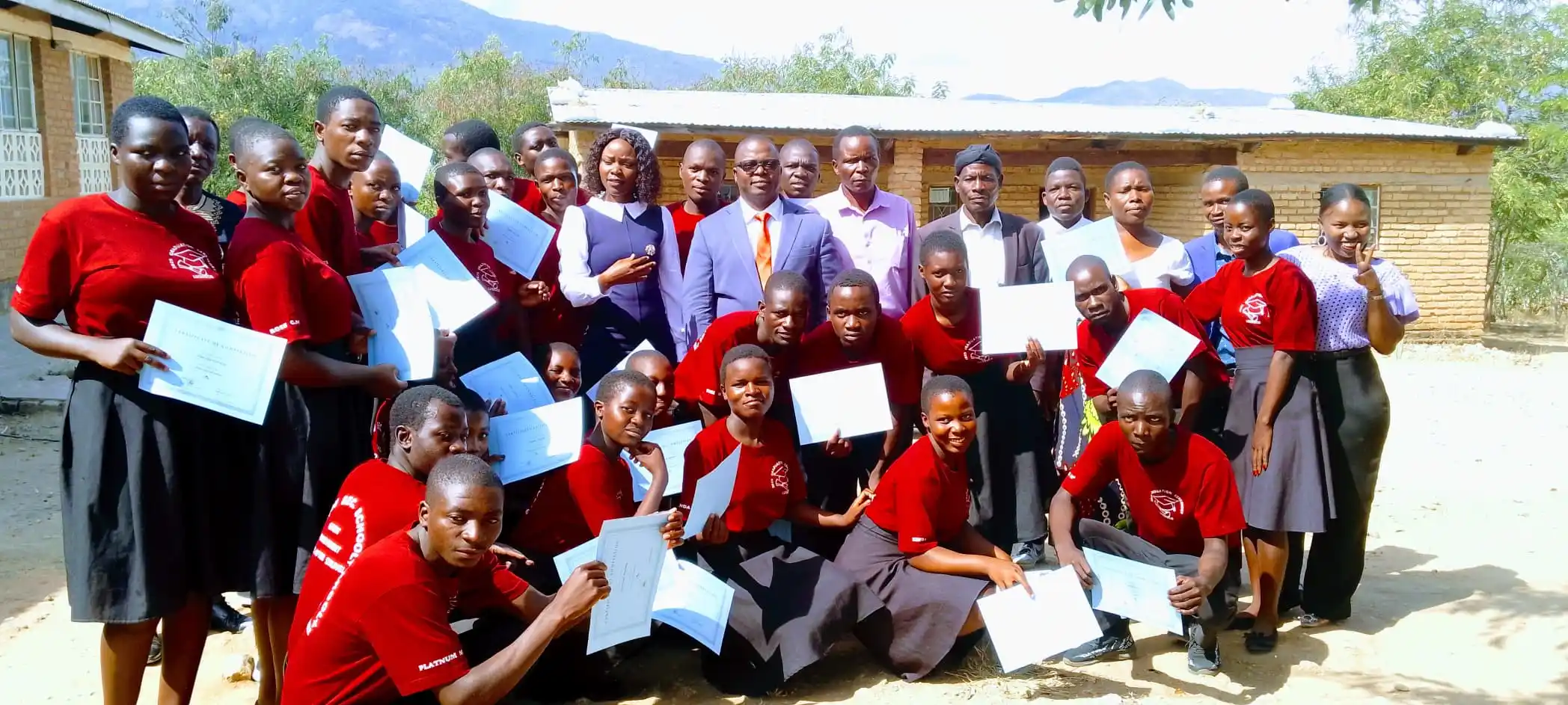
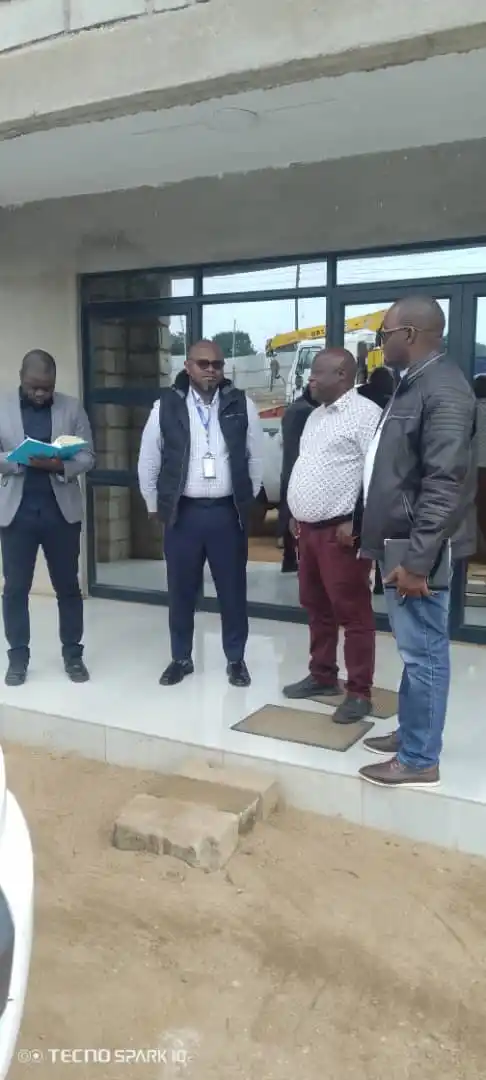
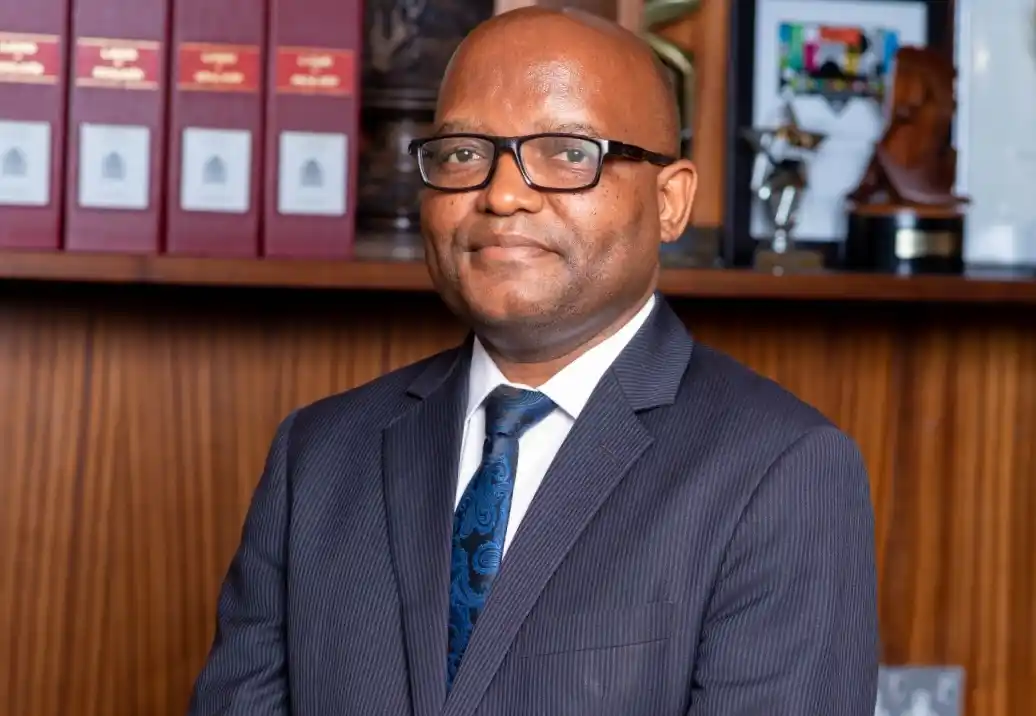
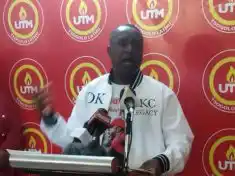

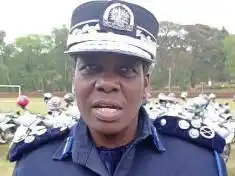
0 Comments